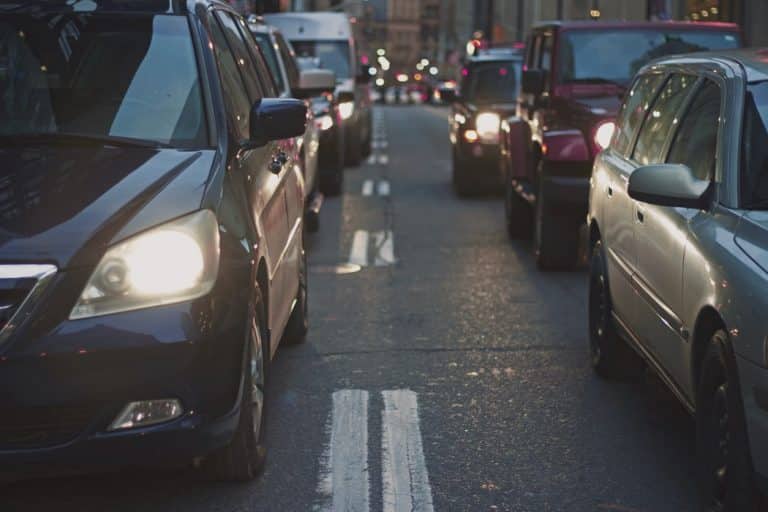What sounds drive you crazy? Maybe it’s your neighbor’s barking dog, the TV blaring in the living room, or the construction across the street. Did you know that not only can loud background noises annoy you, but they can also impact your health? We review the effects of noise pollution below.
What Is Noise Pollution?
According to the World Health Organization (WHO), noise pollution is excessive noise that seriously harms human health and interferes with people’s daily activities. It is sometimes referred to as the “modern unseen plague.” Another way to think of it is as secondhand sound, similar to secondhand smoke.
What Are Common Sources of Noise Pollution?
The type of noise pollution you experience will vary based on your area, where you work and how you commute. Some common sources include:
- Construction sites
- Traffic
- Air traffic to and from Portland International Airport
- Industrial machinery
- Power tools
What Are the Health Impacts of Noise Pollution?
Health impacts of noise pollution can be mental as well as physical.
Mental Health
Your brain is always monitoring the sounds in your environment for signs of danger, including during sleep. Frequent or loud noises can trigger anxiety or stress, causing you to feel irritable, frustrated or angry. This can be magnified if there’s nothing you can do to control the noises.
Noise pollution can also cause sleep disturbances, such as difficulty falling asleep, inability to stay asleep and waking up too early, which can exacerbate mental health issues.
Physical Health
Constant exposure to loud noises can cause a range of hearing problems, including hearing loss, tinnitus (ringing in the ears) and hyperacusis (sound sensitivity).
Indirectly, noise pollution can also contribute to other health conditions, such as raised blood pressure, increased blood viscosity and higher rates of cardiovascular disease.
How Can I Protect Myself from Noise Pollution?
Some strategies you can employ to reduce noise pollution and protect your health include:
- Reducing appliance noises. Reduce noise from appliances by investing in models with lower decibel outputs, or instead turning them off more often or putting them on a timer so they’re not running as often.
- Reducing media volume. Keep your TV as low as you can still hear to prevent damage. You can turn on the closed captioning to ensure you don’t miss anything.
- Add insulation to your home to reduce highway, construction, air travel, train and neighbor noises.
- Creating quiet time. Create quiet times where you’re not exposed to any noises to give your ears a break.
- Wearing hearing protection. If you can’t prevent yourself from being exposed to certain noises, wear hearing protection from Mt. Hood ENT & Allergy.
For more information or to schedule an appointment, call Mt. Hood ENT & Allergy today.